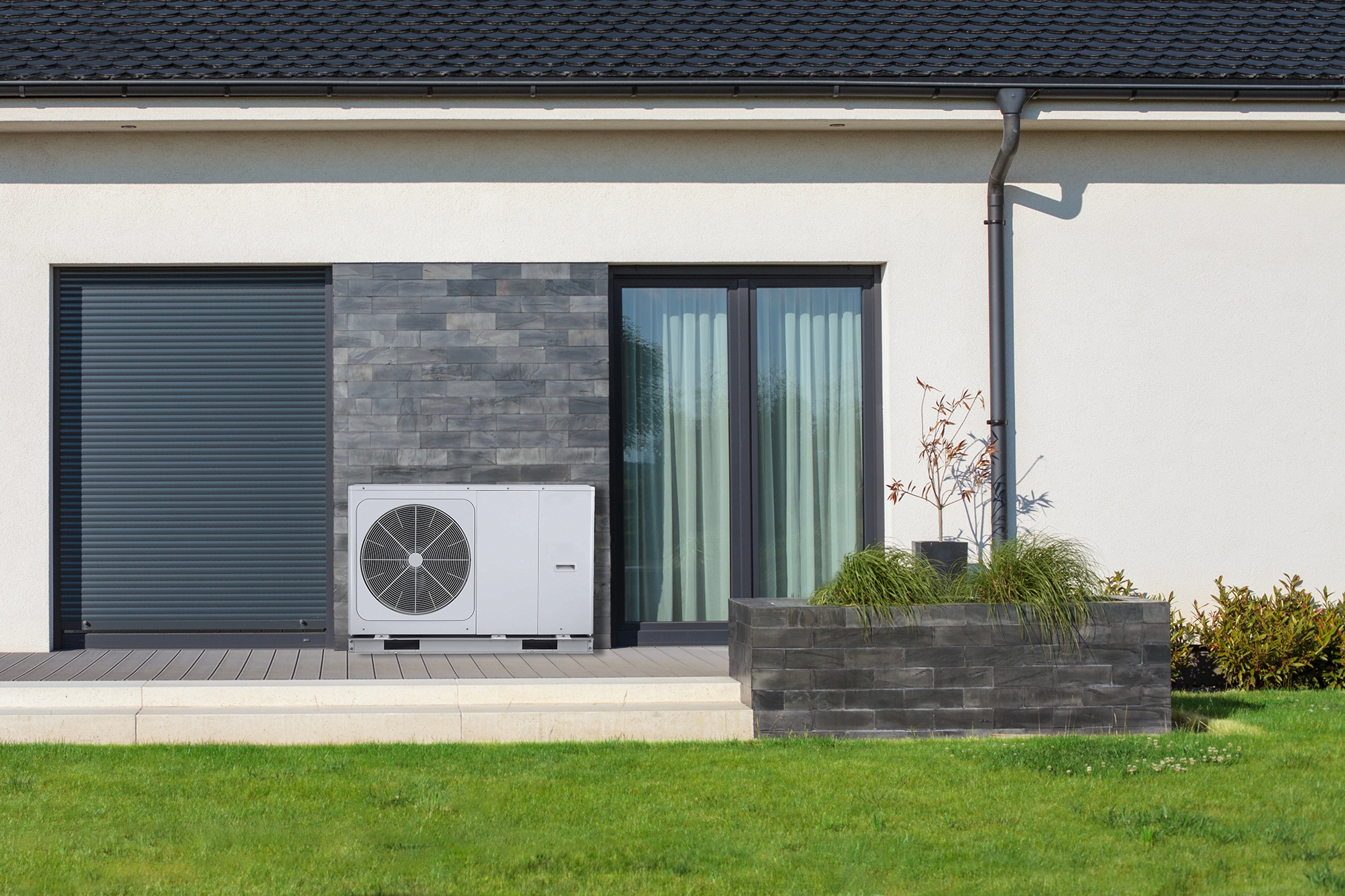Electric appliance requirements in Victoria will reduce gas shortfalls and cut bills

13 December 2024 (IEEFA AUSTRALIA): IEEFA supports the Victorian government’s release of a regulatory impact statement (RIS) that considers requiring gas heaters and hot water systems to be replaced with efficient electric alternatives when they reach end-of-life.
Previous analysis by IEEFA found that switching gas appliances to efficient electric alternatives when they wear out was a crucial step to address Victoria’s gas supply shortfalls, cutting energy bills and achieving its emissions targets.
Jay Gordon, Energy Finance Analyst at IEEFA, says: “This is a sensible and expected step from the Victorian government to address future gas shortfalls. It will help conserve gas for sectors that need it most, while also saving consumers money.
“Compared to costly supply-side solutions, transitioning to all-electric homes actually reduces cost for consumers. Add on the fact that it will help Victoria meet its emission reduction targets, and it’s a no-brainer.”
Previous IEEFA modelling has found that ending sales of gas appliances in Victoria could halve household gas demand in as little as 10 years, making it a highly compelling option to cut bills, improve energy security and reduce emissions.
The state government’s preferred approach would target gas heaters and hot water systems that reach their natural end-of-life. It does not propose any new requirements for cooktops in existing homes.
“Heaters and hot water systems are by far the most energy-intensive gas appliances, and it makes sense for the Victorian government to start with those,” says Gordon. “Our modelling found that a typical household could save $823/year on their bill by upgrading these appliances. Households that take the next step and switch to an induction cooktop could disconnect from the gas network entirely, saving an additional $353/year.
“In the long term, it’s likely that an increasing number of households will go all-electric. However, it will be important to support Victorians who face barriers to getting off gas, like renters.
“Electrification poses a threat to gas distribution networks – but this is heavily outweighed by the consumer savings. Governments will need to plan to ensure that the remaining users of the network aren’t unfairly burdened with higher costs.”
In 2023, modelling published by IEEFA found:
- A typical Victorian household could save $853/year on their energy bills by switching their heating and hot water appliances to efficient electric alternatives.
- This increases to $1,206/year for homes that also switch to an induction cooktop and fully disconnect from the gas network.
- Victorians would collectively avoid $931 million in future costs for each year they purchase efficient electric appliances instead of gas.
Media contact: Amy Leiper, ph 0414 643 446, [email protected]
Author contact: Jay Gordon [email protected]
About IEEFA: The Institute for Energy Economics and Financial Analysis (IEEFA) examines issues related to energy markets, trends, and policies. The Institute’s mission is to accelerate the transition to a diverse, sustainable and profitable energy economy. (ieefa.org)













